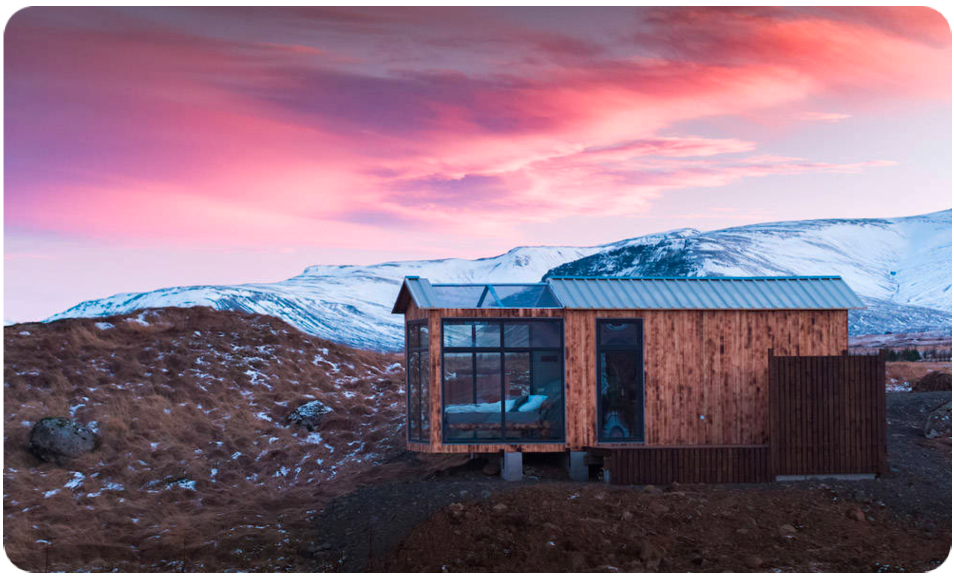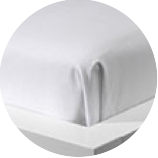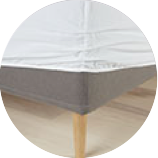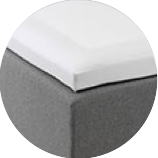JuniperPrinciper för ansvarsfull produktion

VÅRA 17 PRINCIPER FÖR ANSVARSFULL PRODUKTION
1. Juniper förbinder sig att köpa in material som prioriterar djurskydd, miljömässig hållbarhet och etiska metoder.
2. Juniper kommer att sträva efter att förhindra och minska den totala negativa påverkan på den biologiska mångfalden
3. Juniper kommer att ge utvalda ekonomiska bidrag för att främja biologisk mångfald
4. Juniper kommer endast att kontraktera tier-1-fabriker inom EU
5. Juniper kommer att redovisa alla fabriker på nivå 2 och 3 i sin värdekedja
6. Juniper kommer att sträva efter att främja rättvisa löner, inkludering och mångfald i sin värdekedja
7. Juniper kommer aldrig att använda flygfrakt som en del av sin leveranskedja
8. Juniper kommer att sträva efter att minimera det logistiska avståndet i sin värdekedja
9. Juniper kommer att sträva efter att eliminera mellanhänder i sin värdekedja
10. Juniper kommer inte att använda konventionell oljebaserad jungfrulig plast i sina förpackningar
11. Juniper kommer inte att överdriva förpackningen bara för lyxens skull
12. Juniper kommer att sträva efter att skapa en så hållbar produkt som möjligt
13. Juniper kommer att tillhandahålla skötsel- och renoveringsinstruktioner för att förlänga produktens livslängd
14. Juniper kommer att sträva efter att minimera koldioxidutsläppen som en del av sin leveranskedja
15. Juniper kommer att ge utvalda ekonomiska bidrag för att främja klimatpositiva åtgärder
16. Juniper kommer att sträva efter att ge återlämnade produkter ett nytt liv
17. Juniper kommer att ge kunderna vägledning om återanvändning och återvinning i slutet av produktens livscykel
NÅGRA EXEMPEL PÅ HUR VÅRA PRINCIPER
PÅVERKAR VÅR PRODUKTUTVECKLING

DJURENS VÄLFÄRD
Juniper är ett livsstilsvarumärke för hemmet och vi har alltid ögonen på nästa produkt i pipeline för att stärka boutiquehotellupplevelsen hemma.
Utan att använda för mycket fantasi är läder, dun och ägg tre råvaror som normalt skulle användas för olika produkter som vi sannolikt kommer att introducera någon gång.
Vi har dock bestämt oss för att inte göra det och kommer aldrig att använda råvaror från djurriket. Istället låter vi produktutvecklingsprocessen ta längre tid, vi utvärderar olika alternativa material genom skrivbordsundersökningar, talar med experter och skapar prototyper.

TILLVERKNINGAR
Att arbeta med rätt fabrikspartners för hela vårt produktsortiment är helt avgörande för att
upprätthålla absolut högsta kvalitet och för att säkerställa en hållbar värdekedja.
Samtidigt är Juniper ett litet företag och vår förmåga att regelbundet kontrollera arbetsförhållandena
i våra fabriker är begränsad, så 2020 fattade vi ett beslut om att ha alla våra Tier-1-fabriker inom EU där arbetarskyddet är mycket starkare.
Det slutade med att vi var tvungna att hitta en ny fabrik för våra sängkläder och nu tillverkar vi i Porto i Portugal. Dessutom kräver vi av alla fabrikspartner vi arbetar med att de ska vara transparenta med vilka Tier-2- och Tier-3-fabriker som är involverade tidigare i värdekedjan och vi gör vårt yttersta för att kontrollera att även dessa är lämpliga partner.

FÖRSÖRJNINGSKEDJA
Globala leveranskedjor är exceptionellt svåra att förändra eller kringgå. Vi kan dock påverka vilka partners vi arbetar med och fatta affärsbeslut som gör vår leveranskedja mer hållbar.
Vi har t.ex. åtagit oss att aldrig använda flygfrakt, även om vi har slut på lagret och snabbt behöver nya produkter kommer vi helt enkelt att ange på vår webbplats när lagret är tillbaka och låta våra kunder handla som vanligt (förutom den längre leveranstiden förstås).
Detta kanske inte är optimalt ur ett kommersiellt perspektiv, men vi tycker att det är ett viktigt steg för att gemensamt bära bördan att minska koldioxidutsläppen.

FÖRPACKNING
Förpackningar är en nödvändighet av flera skäl, det ena är att skydda varorna från fabriken till vårt lager i Jordbro. Den andra är att skydda varor i mindre partier när vi skickar ut dem till våra kunder och att lyfta fram produkterna på bästa möjliga sätt när de väl når våra kunder.
Konventionell plast är ett vanligt och effektivt sätt att förpacka varor idag, men på Juniper har vi bestämt oss för att aldrig använda konventionell oljebaserad jungfrulig plast. Detta har lett till att vi under 2021 kommer att byta ut alla våra innerförpackningar till ett 100 % biologiskt nedbrytbart material. Det kostar lite mer, men du kan vara säker på att om du någonsin, gud förbjude, ser en Juniper -påse i naturen, kommer den att brytas ned biologiskt på cirka 3 år.

HÅLLBARHET
Även om det sällan är något som någon pratar om är hållbarhet faktiskt en av de viktigaste hållbarhetsspakarna som finns. Om en produkt håller i flera år snarare än i veckor eller månader (tänk på sängkläder kontra kläder i termer av antal användningstimmar) har det en enorm inverkan.
Så när vi designar (eller ändrar) våra produkter strävar vi alltid efter att de ska hålla så länge som möjligt. Genom åren har vi gjort många förändringar för att få våra produkter att hålla längre, t.ex. i den första utgåvan av våra handdukar hade vi en enkel söm på ytterkanten, vilket är standard i konsumentledet, men i vår andra utgåva av handdukar använde vi en dubbel söm, vilket är vanligt i hotell- och restaurangbranschen.
Vår fabrik tyckte att det här var helt galet, vi tyckte att det var nödvändigt för att förlänga produktens livscykel.
HAR DU NÅGRA FRÅGOR?
Tveka inte att skriva till oss på care@jun-per.com


